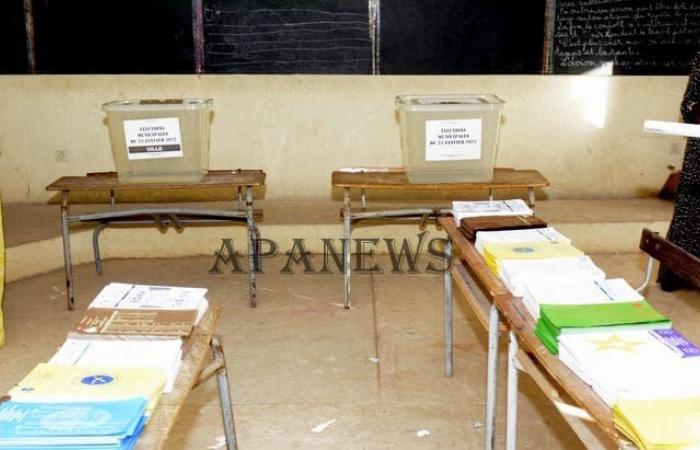In its report published in December 2024, the Mo Ibrahim Foundation highlights a year marked by significant political changes.
The latest report from the Mo Ibrahim Foundation on the 2024 African elections, entitled “Reviewing Africa’s 2024 Election Year” and published in December 2024, reveals a year marked by significant political alternations. Of the 17 elections initially scheduled, 13 actually took place, leading to changes of power in several countries.
Four historical transitions have particularly attracted attention. In Botswana, the victory of President Duma Boko ended nearly 60 years of rule by the BDP party. Ghana saw the return of John Dramani Mahama to power. In Mauritius, the Alliance for Change won a landslide victory with 60 out of 64 seats in Parliament. Senegal, after a controversial postponement of the elections, also experienced an alternation. Pastef with its candidate, Bassirou Diomaye Faye came to power in the first round.
However, seven countries maintained their leadership in place: Algeria, Chad, Comoros, Mauritania, Rwanda, South Africa and Tunisia. South Africa, however, presents a particularity: for the first time since 1994, the ANC lost its absolute majority, forcing the party to form a coalition.
The report highlights certain institutional developments. Between 2014 and 2023, citizen participation deteriorated in 14 of the 17 countries concerned. The civil rights situation deteriorated in 15 countries, while media freedom experienced restrictions in 15 countries between 2021 and 2023.
Four countries did not hold their elections as planned: Burkina Faso, Mali, South Sudan and Guinea-Bissau. These polls were postponed to later dates.
For 2025, the African electoral calendar provides for elections in eleven countries, including Cameroon, Ivory Coast and Tanzania. Gabon’s vote is expected to mark the start of a transition to civilian rule following the 2023 coup.
The document also highlights points for vigilance, particularly concerning the elections in Tunisia and Mozambique where disputes emerged over the regularity of the electoral processes. Tunisia recorded a participation rate of 29% and the Mozambican vote was marked by protests.
The Foundation notes that this electoral year, despite its successes in terms of alternation, also reveals the persistent fragility of certain democratic processes on the continent.
AC/WHAT
Related News :
